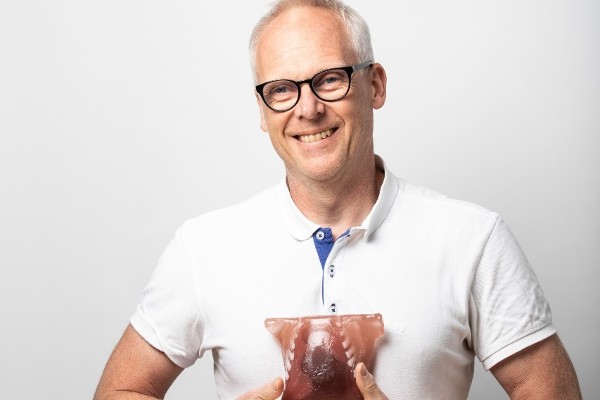
The first episode of RTE’s 10 Things to Know About new series, which aired on Monday November 9th, featured important research into the science of light that is being undertaken in Cork at SFI’s Irish Photonics Integrated Centre (IPIC) based at Tyndall.
Cork scientist Kathriona Devereux found out how the power of light (bioluminescence) is driving new medical technologies, such as the use of fluorescence in cancer diagnosis, and infra-red light technologies to monitor the lung function of premature babies.

Head of BioPhotonics,
IPIC, Tyndall.
Commenting, IPIC Centre Director Paul Townsend,
“We were delighted to showcase some of the innovative technologies being developed at IPIC on 10 Things to Know About. During the episode, Stefan and his team demonstrated a technique known as GASMAS, which uses near-infrared light to measure the oxygen concentration in the lungs of babies. This exciting work shows how light and our research programme are providing solutions to help the most vulnerable patients. The support of Science Foundation Ireland and the Department of Further and Higher Education, Research, Innovation and Science has been vital to this ongoing success”.
The episode also explored the stunning bioluminescence of the natural world at Lough Hyne, and in weird science, it revealed how an underwater ‘dragon’ uses light to lure its prey in the deep, dark ocean.
Photonics — or the science and application of light — is considered to be one of the key technologies of the 21st century. The Irish Photonics Integrated Centre (IPIC) at Tyndall is Ireland’s centre of excellence for research, innovation and PhD training in photonics. Their work ranges from photonics theory right through to device development and fabrication, enabled by our world-class laboratories and semiconductor fabrication facilities at Tyndall. They work closely with over 30 industry partners to develop next-generation products across high growth technology sectors and to commercialise our disruptive technologies, delivering commercial and research impact.
